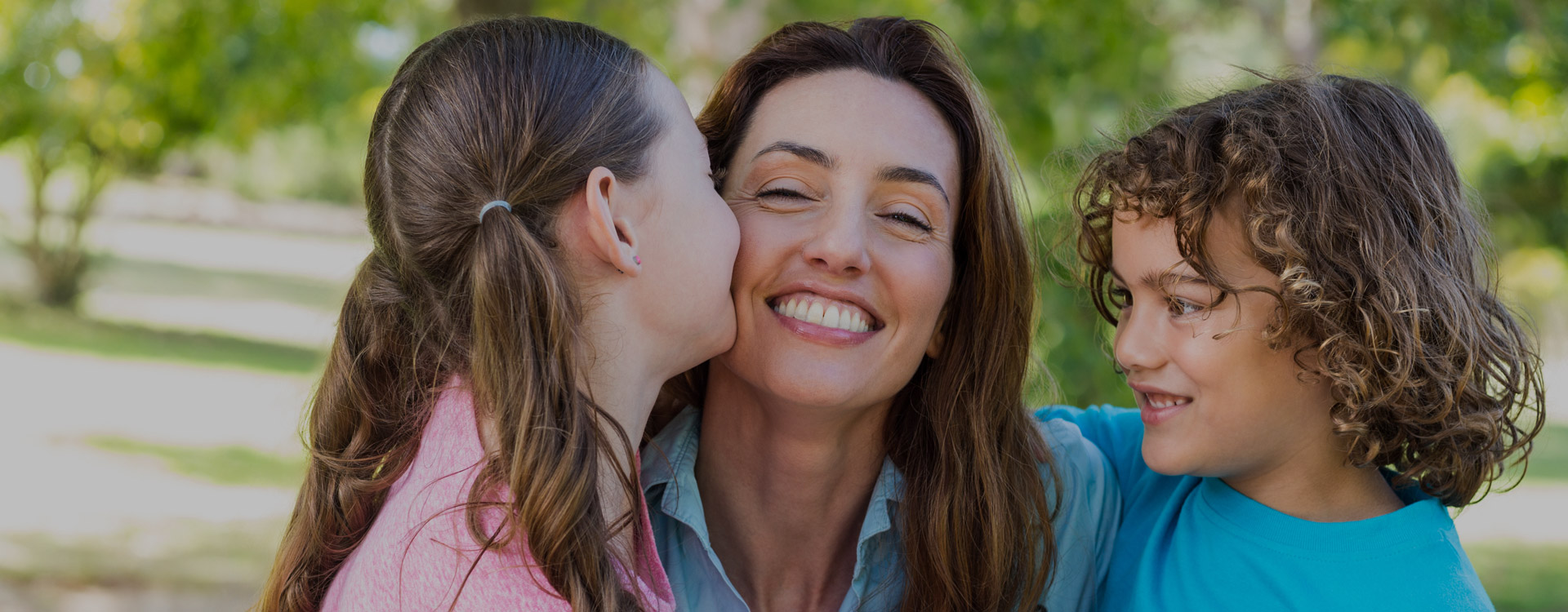Parenting Skills for children with ADHD
Managing a child with ADHD can often be a challenging task for parents and caregivers. It can often leave one feeling overwhelmed, frustrated, and exhausted. There are unique challenges for children to overcome when diagnosed with ADD/ADHD, which can make parenting and support these children much more challenging. Children with ADHD often struggle with focusing, listening, and completing tasks along with a whole host of other complications that are as unique and varied as each child’s personality. At Best Practice Psychiatry we understand the complexity and interpersonal dynamics of managing a child with ADD/ADHD. We want to encourage parents that together we will collaborate and teach goal-oriented, specific tools and training techniques that one can gradually implement to create a much better atmosphere with the child in the home and beyond. Providing structure and discipline can feel like a daunting task for some. However, with guidance and support, parents can learn to control better their child’s behavior, channel their energy in productive ways, and provide much-needed structure and support in their lives. There are many tools and strategies that parents can add to their existing parenting skills and house rules.
Skills that will be reinforced in therapy include:
* ADD/ADHD Education. A thorough understanding of what ADD/ADHD is will allow you to understand better how it affects a child’s life and importantly, what to do about it.
* Know that your child wants to listen to you, do well in school, and complete tasks without distraction. Being better informed will help you increase your compassion and frustration tolerance. It will help you be patient with your child, as well as be the positive demonstration of the behaviors the children are learning. Parents will learn frustration tolerance, as well as self-care when feeling like they need a break.
- Therapist will help parents structure their day and give the child daily routines. This will provide consistency and regularity that is essential for children and especially for children with ADD/ADHD.
- Therapist will help parents set realistic boundaries and expectations. Together we will evaluate what your schedule looks like, where changes and adjustments can be made, and how to have the child learn what the new structure to their routine will look like.
- Setting up rewards systems will help reinforce and focus on positive behaviors and ignore the negative behaviors. With behaviors that we want to change we will work to reduce the frequency, intensity, and duration of disruptive behaviors and develop systems to reward and encourage appropriate behaviors.
- Cognitive responsibility will be taught so that parents can learn to provide practical options to children. For example, instead of telling the child what they can’t do, you learn to provide them with two positive and healthy options that they CAN do, which promotes the child’s mastery and autonomy over their behavior and choices.
Each child and family are unique and different. Parenting skills sessions will be customized for each and every family that walks through our doors so that it is attainable, functional, and practical information that you can take and use long after we complete our work together.












